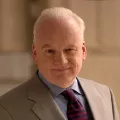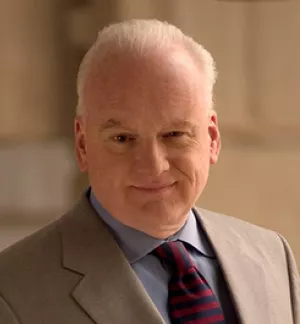The next President will inherit from the current administration a dysfunctional counter-terrorism apparatus. The U.S. military has been stretched thin by the wars in Iraq and Afghanistan, the intelligence community has been discredited by the lack of weapons of mass destruction in Iraq and the ongoing failed hunt for Usama bin Ladin, and the Department of Homeland Security has so many missions and so many disparate agencies that it is ineffective. An even more challenging task will be to restore to the United States credibility in the world and to reduce the number of people who bear us ill will.
Every new president has about a year when they can better achieve goals and changes because of their fresh mandate from the people. Without a clear agenda, however, the first year can be easily squandered and political capital spent on other, less important matters. In an effort to prevent this from occurring, the authors propose a three-part framework for combating terrorism that involves drying up support for terrorism, improving our intelligence capabilities and rethinking our approach to homeland security.
The United States is not fighting a "Global War on Terrorism" any more than it fought a "War on Drugs" in the 1990s. During that time, General Barry McCaffrey, who served as "Drug Czar," was adamant that "war" was a poor metaphor for what needed to be accomplished. "We're not going to run a year- or two-year-long campaign and achieve total victory," he said. This sentiment can be applied equally to the current situation where the war metaphor has been counterproductive. Since this problem has been framed as the GWOT, the Pentagon has been the driving force behind the U.S. counter-terrorism policy. Yet, the military is a sometimes ineffective tool. As General David Patraeus has noted, sometimes the best weapons don't shoot.
More > See page 1.
Clarke, Richard. “Counter-Terrorism Issues for the Next President.” CTC Sentinel, February 2008


